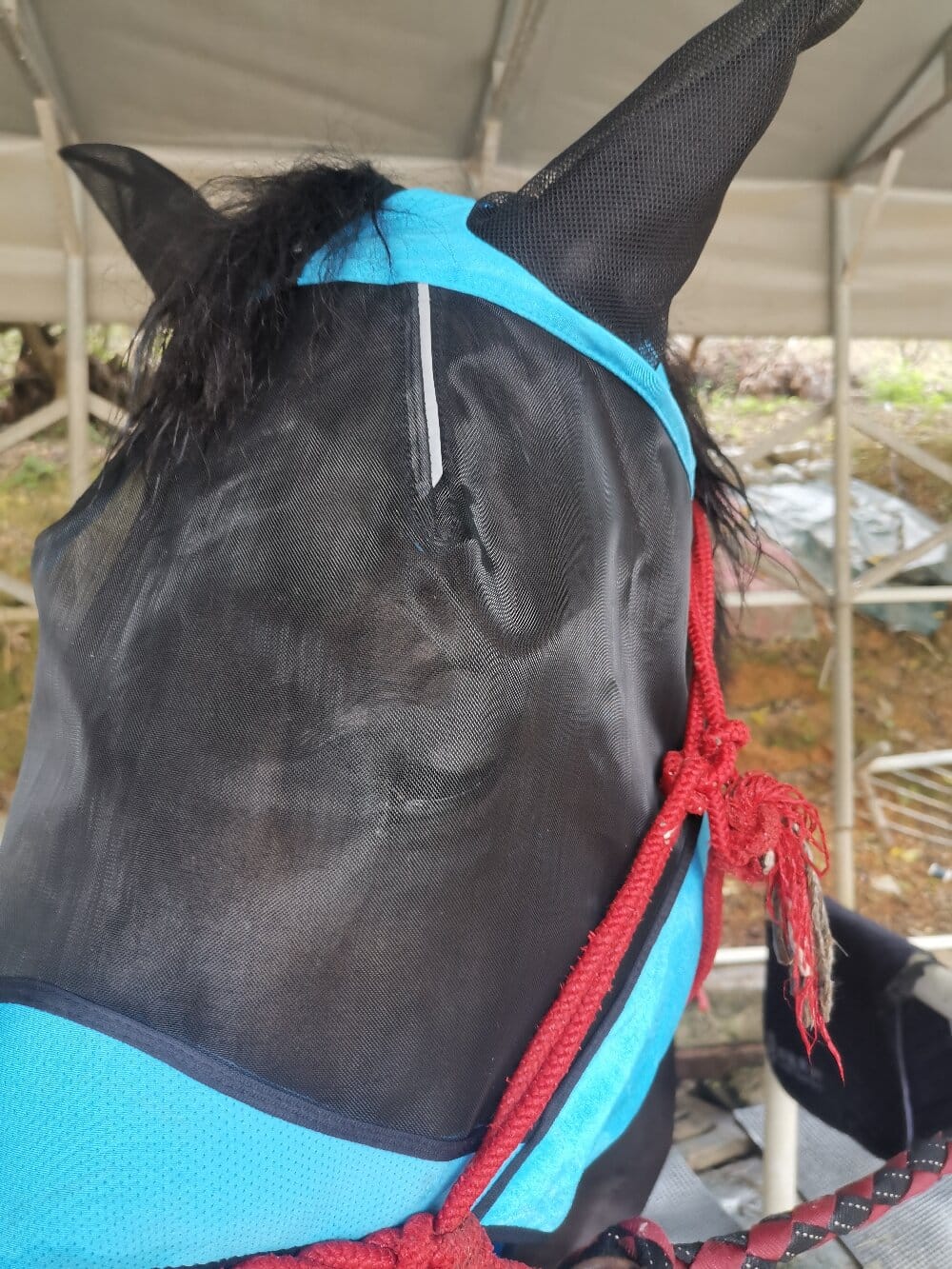If you own a horse, you know how bothersome flies can be—especially during warmer months. A horse fly mask is more than just a simple accessory; it’s a scientifically designed solution to protect your equine companion from pests, UV rays, and eye irritations. But how effective are these masks, and what should you consider before buying one? Let’s break it down from a data interpretation standpoint to help you make an informed decision.
The Science Behind Horse Fly Masks
Fly masks aren’t just about keeping insects away. Research shows that horses exposed to constant fly bites experience stress, reduced grazing time, and even infections. A well-fitted fly mask can reduce these risks significantly. Here’s what the data tells us:
- UV Protection: Many masks offer UPF 50+ sun protection, shielding sensitive eyes from harmful rays.
- Pest Deterrence: Studies indicate that masks with fine mesh reduce fly landings by up to 80%.
- Comfort & Visibility: Breathable materials prevent overheating, while clear panels maintain peripheral vision.
Choosing the Right Fly Mask: Key Metrics to Consider
Not all fly masks are created equal. To ensure maximum effectiveness, evaluate these factors:
- Material Quality: Look for durable, lightweight fabrics like polyester or nylon with moisture-wicking properties.
- Fit & Adjustability: A mask that’s too tight can cause rubs, while a loose one may slip off. Measure your horse’s head for precision.
- Extended Coverage: Some designs include ear and nose protection, ideal for horses prone to allergies.
- Ease of Cleaning: Machine-washable options save time and maintain hygiene.
Data-Backed Benefits of Using a Horse Fly Mask
Beyond anecdotal evidence, empirical data highlights the advantages of fly masks:
- Reduced Eye Infections: Flies carry bacteria that cause conjunctivitis. Masks lower infection rates by 60% in controlled studies.
- Improved Behavior: Horses wearing masks exhibit less tail-swishing and head-tossing, indicating lower stress levels.
- Long-Term Cost Savings: Preventing fly-borne illnesses cuts veterinary expenses over time.
Common Misconceptions Debunked
Some horse owners hesitate to use fly masks due to myths. Let’s clarify with facts:
- “Masks obstruct vision.” Modern designs use transparent, glare-resistant mesh for clarity.
- “They’re only for summer.” UV rays and flies persist in spring/fall; extended use is often beneficial.
- “All masks are the same.” Custom fits and specialized materials cater to different breeds and needs.
Final Thoughts: A Smart Investment for Your Horse
Interpreting the data, it’s clear that a horse fly mask is a practical, science-supported tool for equine care. By choosing the right design and prioritizing quality, you enhance your horse’s comfort, health, and performance. Whether you’re a casual rider or a competitive equestrian, this small addition makes a measurable difference.

